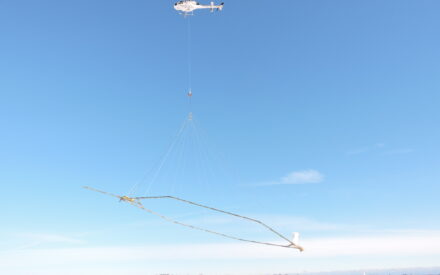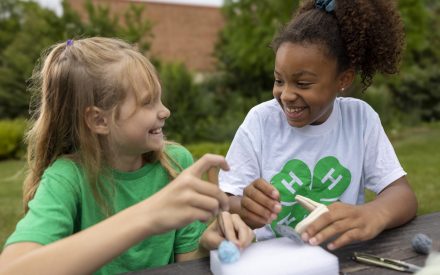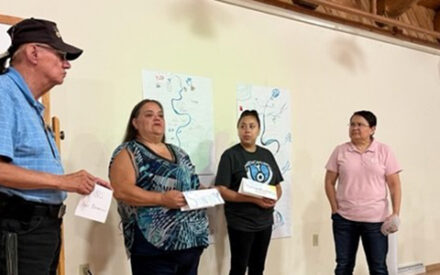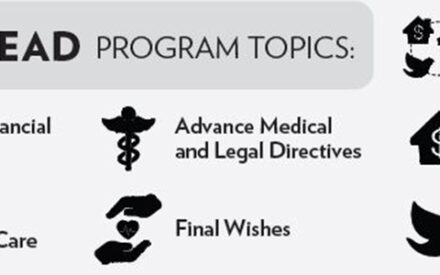Research has shown that autistic students choose STEM majors at a much higher rate than neurotypical students, yet college attendance rates for autistic youth are much lower than expected. Recommendations for easing the transition of autistic youth to college include experiential learning opportunities, specialized teaching strategies, STEM career exposure, and social skills development.
To address this need, Upham Woods Outdoor Learning Center partnered with the Nelson Institute’s Center for Climatic Research to design, market, implement, and evaluate an outdoor, nature-based, experiential opportunity for neurodiverse learners called “Nature’s Navigators STEM camp.” The camp included hands-on learning experiences in the outdoors including field investigations on soil, atmosphere, forestry, aquatic organisms, and live reptiles and amphibians.
A multi-tiered evaluation investigated the program’s impact on camp participants’ connections with peers, degree of positive experience, and increase in interest and knowledge of STEM topics. When asked what participants enjoyed most about their camp experience, the top response was, “nature and friends.” When asked to rate how their interest in STEM topics had changed as a result of participation, “very interested” was the top response. These findings support an outdoor and experiential education approaches as successful learning strategies for increasing autistic students’ socioemotional skills, enthusiasm for environmental stewardship, enhanced relationships between people and nature, and scientific and environmental literacy.
Download Article

 Depth-to-Bedrock: Updated Mapping & Decision-Making
Depth-to-Bedrock: Updated Mapping & Decision-Making Building High-Quality Programs to Help Youth Thrive
Building High-Quality Programs to Help Youth Thrive Centering Culture & Language in Leadership Programs
Centering Culture & Language in Leadership Programs Planning AHEAD for End-of-Life Decisions
Planning AHEAD for End-of-Life Decisions


